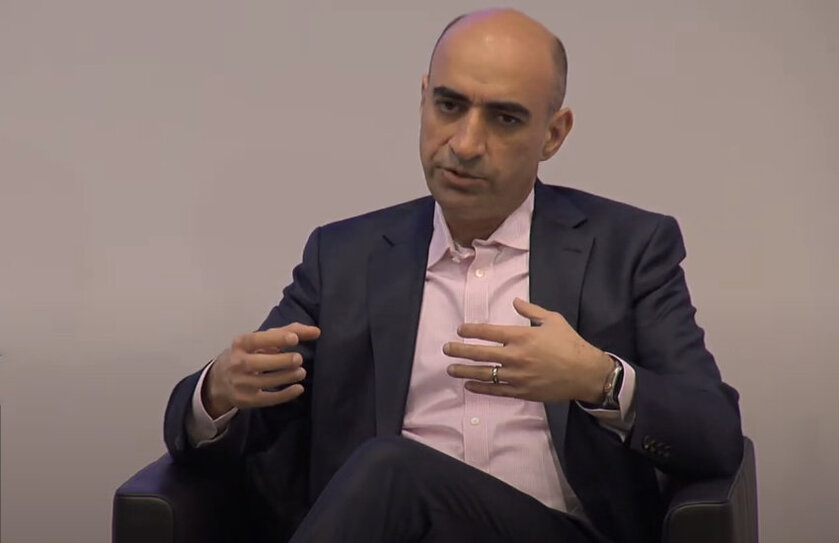Last year the Bank of International Settlements (BIS) introduced its concept of a Unified Ledger that would support central bank money, tokenized deposits and digital assets on the same network. Using a common tokenization infrastructure eliminates the need for transaction messaging and associated inefficiencies and supports programmability. JP Morgan’s Umar Farooq and Circle’s Dante Disparte shared their views on the Unified Ledger concept during the BIS Innovation Summit.
JP Morgan’s views on public blockchain
Talking about a Unified Ledger, Mr Farooq said, “I think you almost need something like that. I mean, it’s actually almost a necessity because if you look at … public blockchain ledgers, they are not fit for purpose for large transactions today.”
He elaborated that if there were a $100 million transaction, there would be no recourse to validators or anyone else if something went wrong. “Who do I sue?” he asked. “You need to get somewhere where people can do trusted transactions between financial institutions with some sort of accountability in the system.”
Hence the concept of a Unified Ledger or similar ideas such as the Regulated Liability Network (RLN), mBridge and Singapore’s Global Layer 1.
Another issue with public blockchains is the existence of tokens, which means that each blockchain wants to attract users to push up the price of its token. “While tokenomics is an interesting concept, I think the core of tokenomics also makes it very hard to converge,” added Mr Farooq. “The internet was developed as a public good,” he said, pointing to real time gross settlement (RTGS) systems, Swift and CLS.
“We need to get to an evolution point where the technology starts to be seen as a public good versus as a means to enrich.”
Ironically, some incumbents have asserted that JP Morgan wants everyone to use its blockchain, Onyx, although the same has been said of other enterprise blockchains.
Mr Farooq also points out that the shared networks should involve central banks and private institutions, such as banks or non-banks.
Circle points to marginal improvements, geopolitics
Circle’s Dante Disparte raised the issue that many initiatives target banks and leave out non-banks. While Circle argued for a seat at the table, Mr Farooq noted that the closer you get to the central bank, the more regulation is required because there is greater systemic risk.
Mr Disparte had two points to make regarding Unified Ledgers – why aren’t there already more improvements, and what about geopolitics?
He observed that institutions often seek marginal improvements. However, BIS head Augustin Carstens made that point in his keynote – there needs to be two kinds of innovations – small steps and giant leaps such as the Unified Ledger.
“The only reason you don’t move money any faster arguably is either because of a lack of will or because it’s a pathway for monetizing speed,” said Mr Disparte. “Speed in the banking system is a premium service.” He noted the continued lack of execution at night and weekends in traditional finance.
Then there’s the issue of geopolitics. “You don’t weaponize a currency, you weaponize the rails on which currencies ride,” said Mr Disparte. “Cross border payments integration of this kind is often aligned too far for national security interests. And that’s the unfortunate piece of the puzzle.”
The result is the coming fragmentation of global payments. Geopolitics is highly relevant to one of the BIS’s solutions, mBridge, for cross-border payments, which involves China. It’s worth bearing in mind that geopolitics are driving fragmentation. Technology is simply an enabler.












 All while Pfizer—a company with a $2.3 billion criminal fine for fraudulent marketing, bribery, and kickbacks—was given blanket immunity from liability and billions in taxpayer dollars to produce a vaccine in record time with no long-term safety data.
All while Pfizer—a company with a $2.3 billion criminal fine for fraudulent marketing, bribery, and kickbacks—was given blanket immunity from liability and billions in taxpayer dollars to produce a vaccine in record time with no long-term safety data.
























